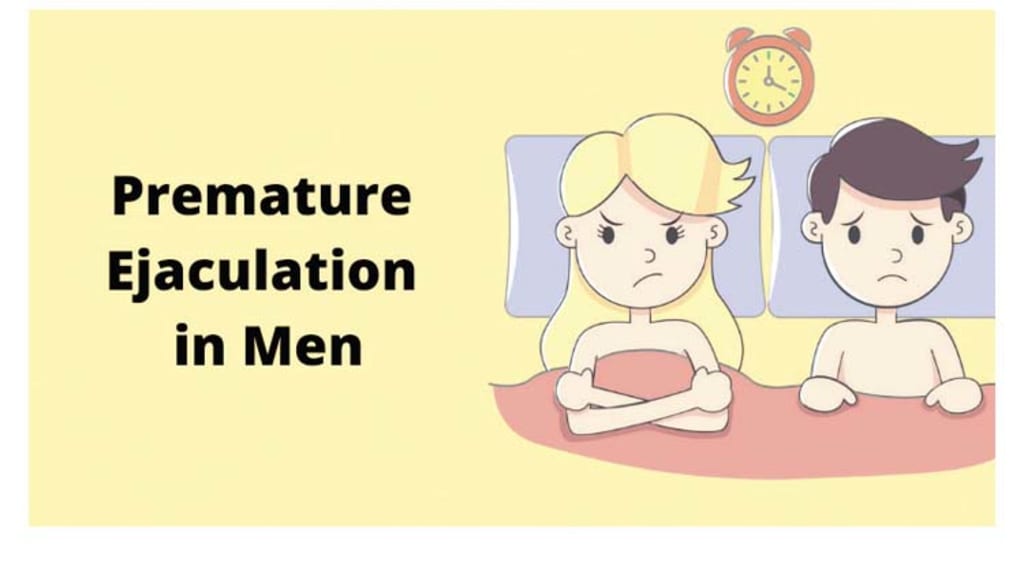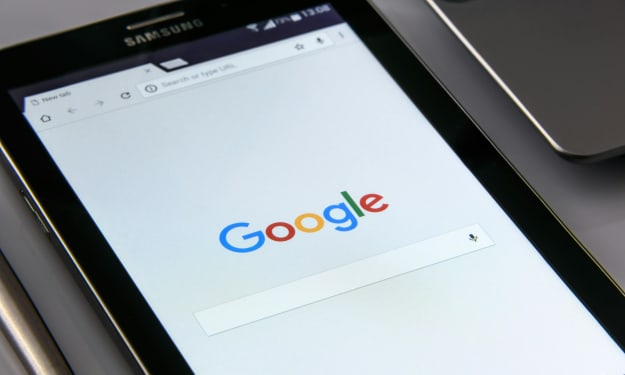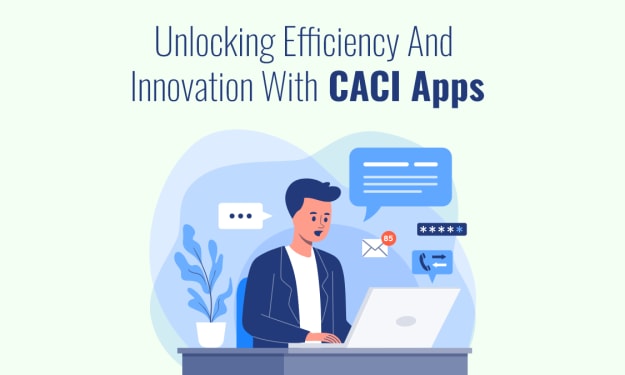THE MOST EFFECTIVE TREATMENT FOR PREMATURE EJACULATION.
Tips to last longer in bed

Premature ejaculation is common, especially in young adults, and affects up to 40% of men. It is defined as ejaculation before or within one to three minutes of vaginal penetration. A study looking at 500 couples from five different countries found the average time from penetration to ejaculation was around five and a half minutes. There are different causes of premature ejaculation, such as medical causes (e.g. thyroid problems, prostate problems, neurological problems, obesity) as well as psychological causes (e.g. relationship difficulties, stress, anxiety, depression, sexual abuse, and negative sexual encounters).
Having erectile dysfunction can also lead to premature ejaculation due to increased performance anxiety. In terms of treatment, you have drug treatments and non-drug treatments. For drug treatments, we have antidepressants. Antidepressants are in the form of SSRIs, known as selective serotonin reuptake inhibitors. They are usually taken for anxiety and depression but have the side effect of delayed ejaculation, and they are not actually licensed for this purpose. SSRIs work by increasing the serotonin levels in the brain, which affects the parts of the brain to delay ejaculation. Serotonin is a neurotransmitter involved in passing messages between the nerves in the system, and one of these messages results in ejaculation. In terms of the best and effective drug treatment for premature ejaculation, there is a new ssri specifically developed and licensed for premature ejaculation called priligy (Dapoxetine) which contains the active ssri ingredient. (Dapoxetine) priligy has shown to have an over 80 success rate and is taken as a 30 milligram or 60 milligram dose 1-3 hours before sexual activity unlike other traditional ssris which are long acting and more effective when taken daily.
Priligy is short-acting and taken on demand, which means that it is absorbed in the body quicker. It only stays in the body for a short duration, so there are fewer side effects. So, you start with the lowest dose of 30 milligrams, and if not effective after four weeks, you can increase to 60 milligrams before trying something else. Priligy is recommended for men aged 18 to 64. So, if you have certain medical conditions or you're outside this age group, do not just buy this drug online without speaking to a doctor first. You can only take one tablet within 24 hours, and it's not meant to be taken daily. It's best taken within the one to three hour window, but its effects can last up to 12 hours. However, Priligy is not available in some countries, so other SSRIs include paroxetine, sertraline, citalopram, escitalopram, and fluoxetine. Of these options, paroxetine has shown to be the most effective, followed by sertraline, fluoxetine, and citalopram, and they can delay ejaculation times ranging from two to eight minutes. Full benefit is not seen until two to three weeks after starting a medication, but this also depends on if you take the drug daily or as an on-demand treatment for premature ejaculation. It's important to be aware of side effects such as reduced libido, nausea, drowsiness, and fatigue with SSRIs.
There are medications used for erectile dysfunction such as Viagra and Cialis, but this is more useful if premature ejaculation is also a coexistent problem. If you're not given an oral medication, then there are other options such as topical treatment. Local anesthetics such as benzocaine, lidocaine, and prolocaine are numbing creams, gels, and sprays and are usually applied 20 to 30 minutes before intercourse, they help to reduce the sensation of the nerves around the glands of the penis, which then delays ejaculation. A good example is EMLA cream, which you can buy over the counter. If you prefer a spray, then there is the aptly named Stud 100, which contains lidocaine. Side effects are mainly reduced sensation during intercourse and vaginal numbness, which can affect your partner's ability to orgasm. So, a condom is advised. This can also delay ejaculation times up to 8 minutes. There are also specially designed condoms which are made of thicker latex and contain a lighter lubricant to reduce sensation. If you're not keen on any of these options, there are self-management techniques you can try at home.
Masturbating an hour or two before intercourse can help, however, this only works if you can achieve another erection. You can try taking breaks during sex or distraction techniques by thinking of other things like football during sex, but some men might find they experience a loose erection during this method.
"Start-stop" technique. This method involves withdrawing the penis just before orgasm until the urge to ejaculate goes away. This can be repeated several times so you can learn to recognize the phase of sexual arousal that occurs before orgasm. During that phase, the level of arousal can still be controlled and ejaculation can still be delayed for a certain amount of time. "Squeeze" technique. Using the squeeze technique, the penis is also stimulated until just before orgasm. Then, either you or your partner puts a little bit of pressure on the head of the penis for 10 to 20 seconds to decrease the level of arousal, this can be done by putting your index finger on the back of the penis and placing your thumb on the outer side of the penis and then gently squeezing after that wait for about 30 seconds and then repeat this step several times in a row until you're ready for ejaculation.
It is difficult to recommend or advise how effective these self-help techniques are due to a lack of large studies, but small studies have shown that they can delay ejaculation up to a few minutes. Remember that there are underlying causes of premature ejaculation, such as thyroid and prostate issues, that can be treated successfully without the need for medication to delay ejaculation. However, you can still take medication alongside any treatment with advice from your doctor. You can also consider couples counseling and CBT for psychological issues such as stress, anxiety, and depression, or if you're having difficulties in a relationship. I hope you found this educational article useful
About the Creator
Enjoyed the story? Support the Creator.
Subscribe for free to receive all their stories in your feed. You could also pledge your support or give them a one-off tip, letting them know you appreciate their work.





Comments
There are no comments for this story
Be the first to respond and start the conversation.